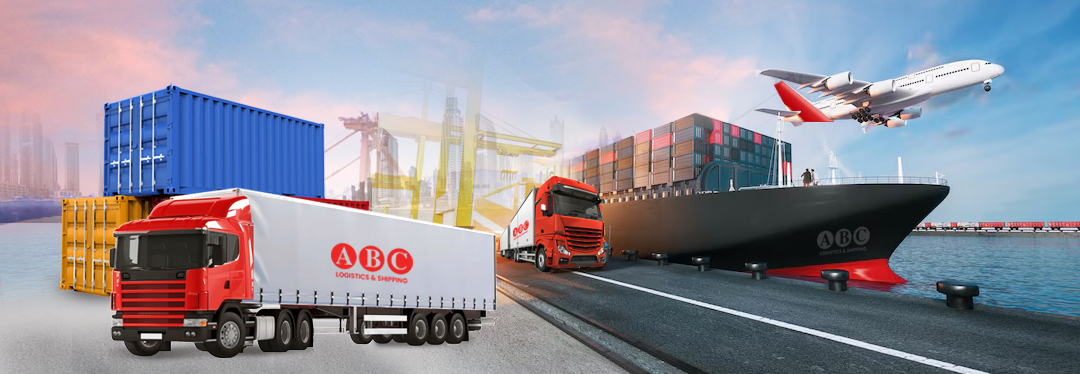


ABC Logistics Economic Zones (LEZs) are specialized areas within a country, typically designed to facilitate efficient movement and storage of goods and commodities. These zones are strategically located to capitalize on transportation networks such as ports, airports, highways, and railways. LEZs offer various incentives and infrastructure to attract businesses involved in manufacturing, distribution, and logistics operations.
LEZs are equipped with state-of-the-art infrastructure including roads, ports, airports, and warehouses to support the movement and storage of goods.
LEZs often have streamlined customs procedures and regulatory frameworks to expedite the movement of goods across borders.
Governments offer incentives such as tax breaks, duty exemptions, and reduced regulatory burdens to attract businesses to locate within LEZs.
LEZs often provide integrated services such as freight forwarding, customs clearance, warehousing, and distribution to facilitate smooth logistics operations.
LEZs encourage the clustering of related industries and businesses, which leads to economies of scale, knowledge sharing, and enhanced competitiveness.
Many LEZs leverage advanced technologies such as RFID tracking, GPS monitoring, and automated warehouse systems to optimize logistics processes and enhance efficiency.
LEZs are often used as instruments to attract foreign direct investment by providing a conducive environment for international businesses to set up operations.
LEZs create employment opportunities both directly, through the establishment of businesses within the zone, and indirectly, through the multiplier effect on supporting industries and services.
Overall, ABC Logistics Economic Zones play a crucial role in enhancing a country's competitiveness in the global market by improving supply chain efficiency, reducing logistics costs, and promoting trade and investment.